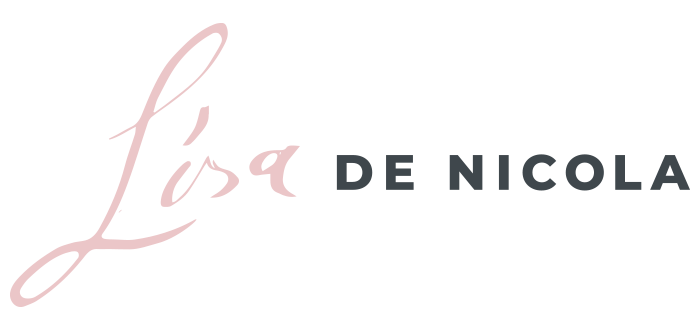What’s the most important skill you’re assessing when you’re interviewing talent? Does a talent’s soft skill vs. hard skill and/or competencies to do a job hold the same level of importance for you?
I can probably guess that your answer would likely be no, although I’m sure you would agree it’s important just not as important as the hard skills to actually do the job.
In a world where artificial intelligence is creeping its way into various industries and jobs, there will forever be the skills that AI simply will not be able to offer or do. That’s the human skills that we bring to the table, or otherwise known as soft skills. Effective communication, compassion, empathy, passion, drive just to name a few.
Why is this important and how does it affect you? If you’re a company that hires people, focusing on the FULL package a talent has to offer means you’re looking to get to know all sides of someone. Not just the skills that are critical to perform the job. All skills are becoming increasingly important. It all matters.
In fact, LinkedIn’s data as noted in their 50 Big Ideas in 2019: What to watch in the year ahead article, suggests the fastest-growing skills gap is related to soft skills.
If you’re someone who will likely be looking for a job at some point in your lifetime, your creative abilities and soft skills are what will set you apart. They are the skills that can not be taken away from you and be automated.
T
Now, I’m sure you can imagine, soft skills are typically more difficult to measure and assessing them can be tricky. As a hiring manager, simply reviewing a resume for key or ‘buzz’ words isn’t enough either.
For hiring managers and recruiters, here are some questions you can ask to help measure a few of the more common and important soft skills during interviews:
- Communication skills – Tell me a time when your communication skills were imperative to a problem you solved? How were they used and what was important about that? (here, you’re not just looking for oral or written. Communication also includes what’s not being said – body language. This is where you want to go deeper.)
- Adaptability & Flexibility – How have you dealt with change in your organization and what soft skills were critical to
demonstrate during that time? - Collaboration – What are some examples you can share when you’ve had to work with others you don’t know and how did you approach the situation?
- Empathy – Share an example of a customer service issue with your company or make one up. Ask what soft skills they would demonstrate in that situation
You can also ask a candidate to share a real-life work issue at their current company (if they’re employed), and what soft skills are needed to solve it.
There are all kinds of different questions you can come up with and likely add to these. The ones above are those I’ve found helpful in my experience, but please feel free to play around with these.
Also, don’t be shy to ask directly, what soft skills they deem themselves to be strengths of theirs and how they would relate to the position at hand. As simplistic and obvious as it may sound, chances are, candidates aren’t commonly being asked about their soft skills.
What are your thoughts on the skills gap being related to soft skills?
How important are soft skills when you’re assessing talent for your organization?
Please share your thoughts below!
Thanks as always for stopping by,
Lisa ?






